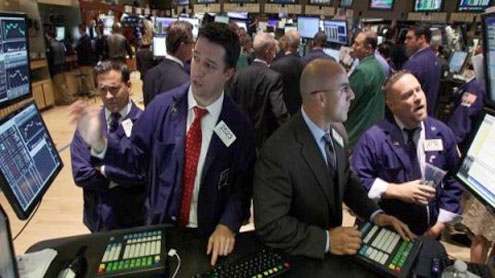Extensive work remains to be done on the crisis-hit Delhi Commonwealth Games with barely a week to go, federation chief Mike Fennell said on Saturday, warning of the damage done to India’s image.
While acknowledging that a “massive” effort had been made in recent days to address the multiple problems surrounding the October 3-14 event, Fennell voiced concerns on a wide range of issues including athletes’ safety.
“The work left to be done is quite extensive,” said Fennell, who toured the athletes’ village on Friday.
At a press briefing in the Indian capital, he listed problems with transport, security arrangements, fire and evacuation procedures and medical services.
“There’s a lot of work to be done in the Games. It’s not over yet,” he said.
“What is clear is that the massive work that is being done now ought to have been done before.”
Cameroon’s chef de mission David Ojong said Saturday he remained uncertain whether the athletes’ village would be up to standard as teams pour in over the next week.
“The accommodation was so dirty and just uncompleted when we arrived three days ago,” Ojong said. “Improvements have been fast, but we need conditions to keep on getting better every day.”
The Games, aimed at highlighting India’s ambitions as an emerging superpower, had seemed on the brink of collapse a few days ago, amid worries about security, a bridge falling down and complaints about the “filthy” state of the village.
A string of big-name athletes pulled out, many of them citing concerns about the presence of mosquito-borne dengue fever, while numerous teams delayed their arrival in New Delhi.
Olympic medallist Eamon Sullivan told reporters in Sydney that Australia’s swimmers were well prepared to combat the outbreak of dengue fever.
“We’ve got mosquito nets, we’ve got mosquito repellent, we’ve got long sleeve clothes, we’ve got wash that puts repellent on your clothes, we’ve got hand sanitizer, we’ve got the works,” Sullivan said.
Some 2,728 people are suffering from dengue in New Delhi with another 97 new cases announced Friday. However, many cases are believed to be unreported.
With the entire event under threat, Indian Prime Minister Manmohan Singh personally intervened and the past few days have witnessed a military-style operation, with an army of cleaners deployed to make the village habitable and insect-spraying operations to combat mosquitoes at the site.
Fennell stressed that cancelling the Games was “never on our agenda” and said all 71 teams had now confirmed their participation.
“A lot has been put right. The efforts of all people should be applauded,” he said. “Now we have to ensure that it is completed and sustained right throughout the Games.”
Sitting next to the embattled chairman of the Indian organising committee, Suresh Kalmadi, who has borne the brunt of public criticism for what the local press has dubbed the “Shame Games”, Fennell declined to focus the blame on any individual.
“I don’t think there can be any question that we have to share blame and responsibility,” he said.
New Delhi had been expecting 7,000 athletes and officials for the showpiece for Commonwealth countries, mostly nations and territories formerly in the British empire.
Among the stars to withdraw over security or health concerns are Australian world discus champion Dani Samuels, English Olympic 400m gold medallist Christine Ohuruogu and world triple jump champion Phillips Idowu, also of England.
While arguing that it was now time to celebrate the athletes who were taking part, Fennell acknowledged that the fiasco of recent weeks had badly affected India’s international image.











